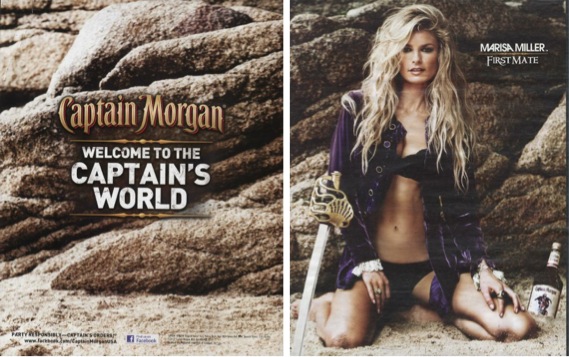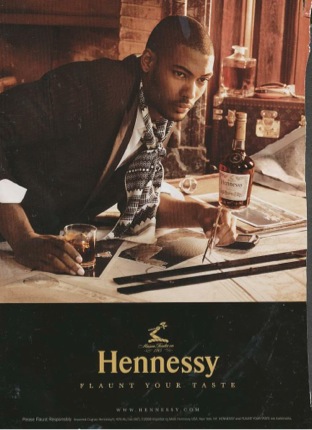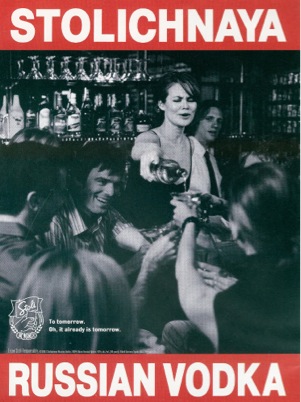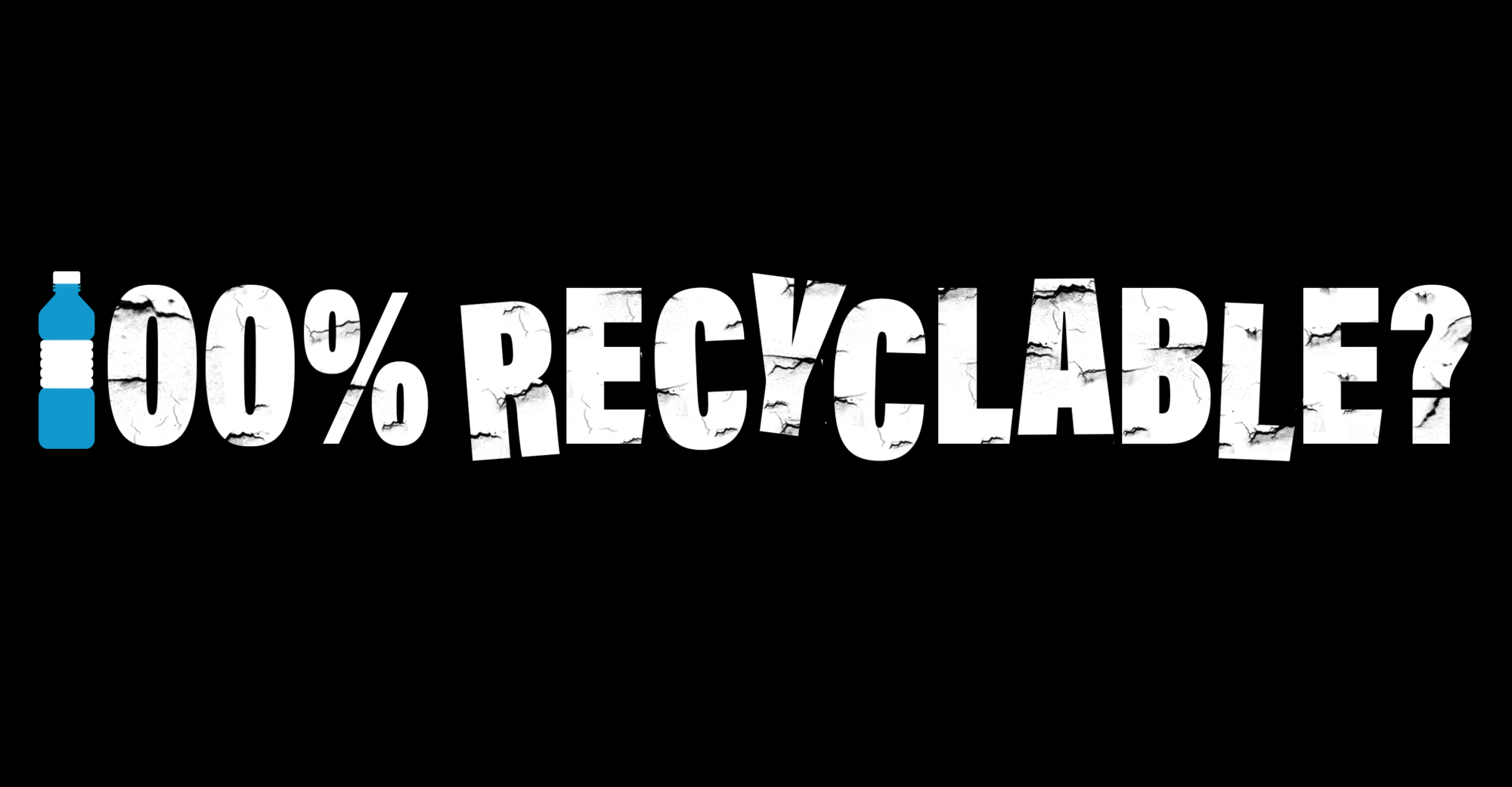
Best Reader Tips of 2021
This year reader tips led to dozens of ad alerts, as well as a complaint to regulators.
Messages promote products instead of conveying relevant public health information, study finds.

Why do alcohol companies advertise messages to drink responsibly when they’re not required to provide such warning under federal law or even their own industry standards?
It’s simple, according to a recent study from the Johns Hopkins Bloomberg School of Public Health: To reinforce their brands and further boost their products.
While the study found responsibility messages in nearly 9 out of 10 alcohol ads appearing in U.S. national newsstand magazines from 2008 to 2010, not one “provided any information about what it means to drink responsibly,” said study leader Katherine Clegg Smith, an associate professor in the Department of Health, Behavior and Society at John Hopkins.
“Instead,” Smith said, “we found that the vast majority of responsibility messages were used to convey promotional information, such as appealing product qualities or how the product should be consumed.”
Smith co-authored a report on the study that gave examples of how responsibility messages were used to pump up the qualities of a product, appeal to the qualities of the drinker, and convey what the product can provide — all in lieu of a defined message about the potential dangers of drinking. Here are some of the messages conveyed in the ads:
The report stated that the findings were not surprising given “the goal of advertising is to promote product purchase and consumption.” It also noted that neither federal regulation nor voluntary industry standards require responsibility messages in alcohol ads. “While prevalent and influential, alcohol advertising is subject to minimal federal regulation.”

Industry says messages “just one aspect”
The Distilled Spirits Council of the United States, the self-regulating arm of the liquor industry, acknowledged that responsibility messages have a role in advertising.
“Responsibility messages serve as a reminder to consumers to drink in moderation, and represent just one aspect of the industry’s commitment to social responsibility,” the group said in response to a TINA.org query asking if it had a specific stance on “drink responsibly” messages.
The group said its commitment to responsibility programs has led to declines in both underage drinking and drunk driving.
The association also questioned the merits of one of the study’s authors.
“Study author David Jernigan is an industry critic who has squandered millions of dollars in federal funding on advocacy research, and spends zero on actual responsibility programs to combat the problem,” the group said.
Jernigan responded that his research works toward presenting methods to reduce excessive alcohol consumption, particularly among young people who are more impressionable than adults when it comes to alcohol advertising.
“Alcohol is the most frequently used drug among youth, and responsible for over 4,000 lives lost every year in the U.S. among persons under 21,” Jernigan said. “This is why U.S. public health dollars support research which will contribute to evidence-based public policy decisions.”
The Centers for Disease Control and Prevention funded the study.

Warning messages similar to tobacco?
Calling an outright ban on alcohol ads infeasible, the report recommended that the alcohol industry modify its responsibility messages to mirror the public health warnings used in tobacco advertising.
“We know from experience with tobacco that warning messages on product containers and in advertising can affect consumption of potentially dangerous products,” Smith said. “We should apply that knowledge to alcohol ads and provide real warnings about the negative effects of excessive alcohol use.”
The Distilled Spirits Council’s code does not specifically address how to handle responsibility messages, but it does state that advertising shouldn’t suggest that consumers “can attain social, professional, educational, or athletic success or status” from drinking alcohol.
While this is a guidance that the aforementioned Crown Royal ad (“Be a champion. Drink responsibly.”) appears to ignore, adherence to the code is optional. The Beer Institute, which represents the beer industry, has a similar voluntary code on how alcohol advertising should be conducted.
The alcohol industry has worked with the FTC on such topics as underage drinking but how far the industry is willing to go to push a message of responsible drinking depends largely on the extent it is willing to police itself.
More information can be found here on alcohol advertising.
This year reader tips led to dozens of ad alerts, as well as a complaint to regulators.
Lawsuits allege brownie brands and others lack the essential dairy ingredients to call their products fudge.
Bottled-water brands mislead consumers who want to “do their part” and recycle, class-action lawsuits allege.

